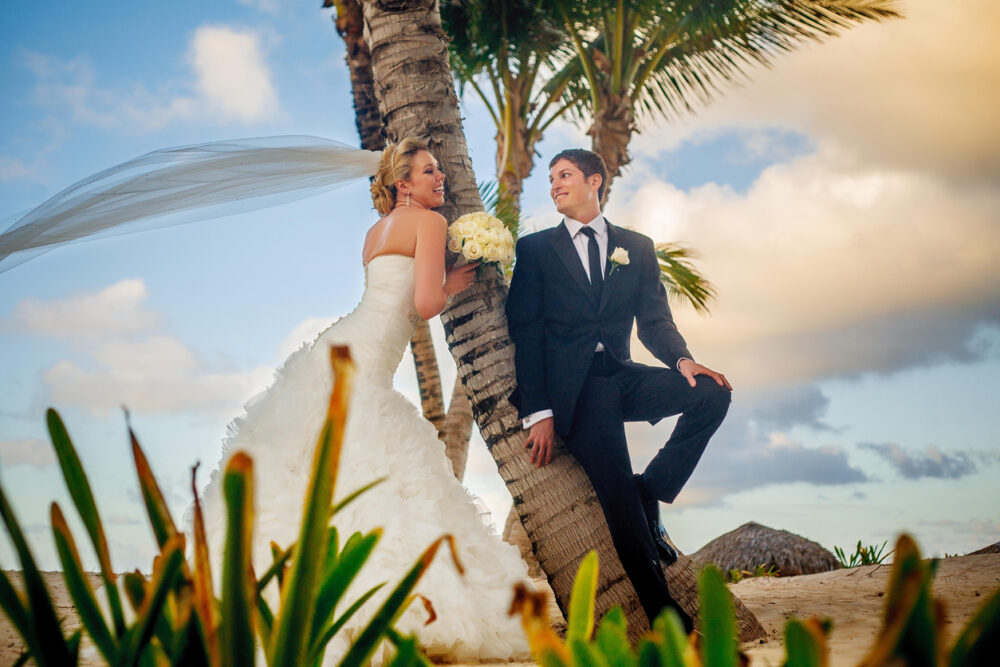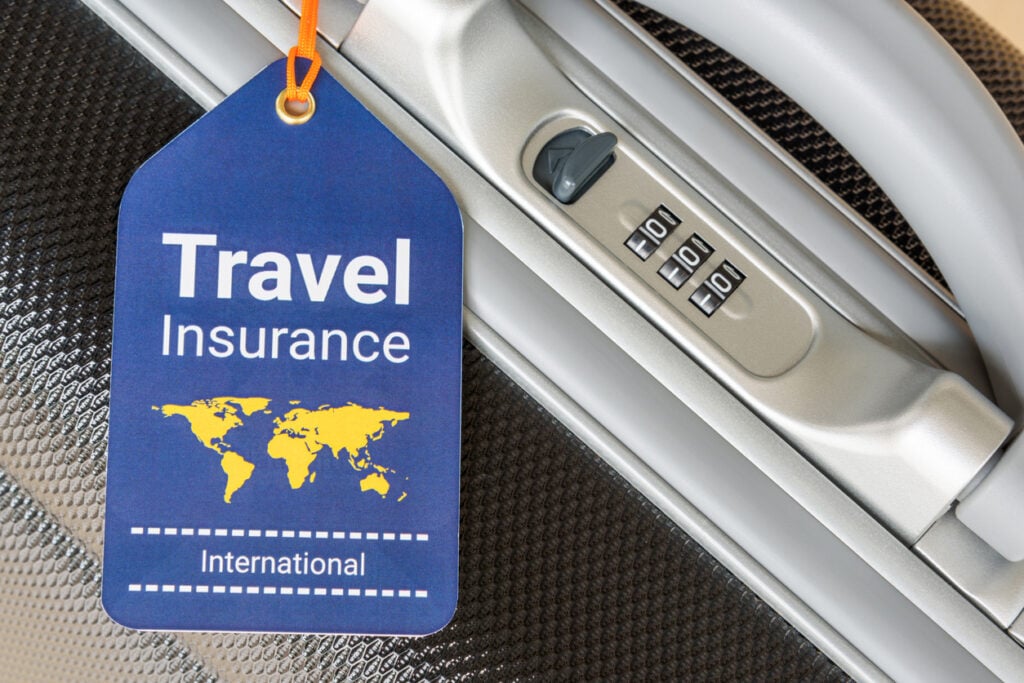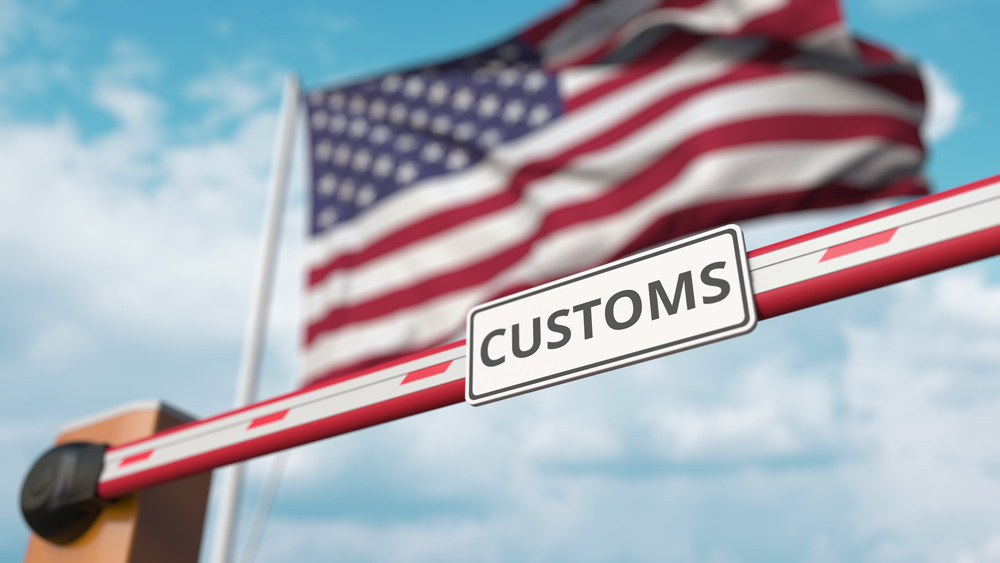Making a wedding trip feel like a vacation, not a chore.

Destination weddings have a way of sounding glamorous—until you realize you’ll be juggling travel logistics, wardrobe changes, and tight timelines. Showing up isn’t the hard part; doing it without losing your cool takes a little planning. The good news is you don’t have to turn into a frazzled mess if you know a few key strategies.
Instead of stressing over every little detail, you can set yourself up for a smooth, enjoyable trip. A destination wedding can be a mini-vacation if you approach it right. The secret is balancing the obligations of the event with enough downtime to soak up the location. Here’s how to keep it fun, avoid the pitfalls, and make sure you’re not the one grumbling at the back of the reception hall.
1. Book your travel early to snag better deals.

Waiting until the last minute to book your flights and hotel might leave you stuck with sky-high prices and less-than-ideal accommodations. As soon as you get the wedding invitation and confirm you’re attending, start hunting for deals. Early planning gives you access to the best prices and more options, especially if the wedding is in a popular tourist spot during peak season, as shared by Lauren Ertl at Destination I Do.
It’s not just about saving money—booking early can also mean grabbing a room at the main hotel where most guests are staying. This makes transportation easier and keeps you in the loop for any informal gatherings. Plus, staying close to the wedding crowd often makes the entire trip more fun and social.
2. Pack smarter by planning for every event.

You might be thinking, “It’s just one outfit for the wedding, right?” Not quite. Destination weddings often come with extra events—welcome dinners, beach days, farewell brunches—that require different outfits, says Zai Laffitte at The Wed. Check the itinerary and think through what you’ll need for each gathering, including casual wear, semi-formal attire, and something for lounging.
Organizing your outfits ahead of time saves you from overpacking or forgetting something important. It also helps to choose pieces that mix and match easily, so you’re not cramming five pairs of shoes into your suitcase. Being prepared keeps last-minute shopping sprees at the destination—where options might be limited and pricey—off your list of worries.
3. Build extra time into your travel plans.

Flight delays, long lines at customs, or last-minute schedule changes can easily throw off a tight travel itinerary. It’s wise to arrive at least a day or two before the wedding. This gives you time to recover from travel fatigue and adjust to any time zone differences without sprinting straight into the ceremony.
Having a buffer also means if anything goes wrong—like a missed connection—you’re not stuck missing the big event. Plus, you’ll have a little breathing room to explore the destination or relax by the pool before the wedding festivities begin, as mentioned by Henrike Nietzold at Rustic Pathways. Trust me, rushing around never makes for good memories.
4. Confirm all the important details in advance.

Don’t assume you’ll figure everything out once you arrive. Confirm your hotel reservations, airport transfers, event start times, and dress codes ahead of time. This avoids last-minute scrambles and awkward situations, like showing up in flip-flops to a semi-formal reception.
If the couple has a wedding website or group chat, keep an eye on it for updates. Changes can happen, especially with destination weddings where weather or venue issues can cause shifts in plans. Being prepared keeps surprises pleasant instead of stressful.
5. Consider travel insurance to protect your plans.

No one wants to think about things going wrong, but life happens. Travel insurance can cover canceled flights, lost luggage, or even a sudden illness that keeps you from traveling. It’s a small investment for a lot of peace of mind, especially when you’ve spent a good chunk of money on travel and accommodations.
Not all policies are created equal, so look carefully at what’s covered before buying. Some wedding-specific packages even cover attire mishaps or missed events. It’s one of those things you hope you won’t need—but if you do, you’ll be grateful you planned ahead.
6. Be mindful of the couple’s schedule and space.

Remember, the couple didn’t plan a destination wedding to act as cruise directors for the entire guest list. While they’ll probably organize a few group events, they’re also balancing a packed schedule and personal commitments. Don’t expect them to entertain you the whole trip.
Use your free time wisely by exploring the destination on your own or with other guests. This shows respect for the couple’s limited time and gives you a chance to have your own mini-adventure. Plus, you’ll have something fun to share when you reconnect at the next event.
7. Budget for extras you might not have considered.

It’s easy to focus on the big costs—like flights and hotels—and forget about smaller expenses that add up quickly. Meals, tips, excursions, transportation, and even event-specific attire can stretch your wallet more than you expect. Budgeting for these extras ahead of time helps avoid nasty surprises.
A good rule of thumb is to pad your budget by about 20% more than you think you’ll need. Destination weddings are often in resort areas or touristy towns where prices can be higher. Being financially prepared means you can relax and enjoy without worrying about every drink or taxi ride.
8. Respect local customs and traditions.

You’re not just a wedding guest—you’re also a visitor in a different culture. Research the local customs, especially when it comes to attire, tipping, and etiquette. This shows respect for the destination and helps you avoid accidentally offending anyone.
Even simple gestures, like learning a few basic phrases in the local language or understanding tipping norms, go a long way. It also makes your experience richer and more connected to the place you’re visiting. The couple will appreciate their guests making an effort to be thoughtful travelers.
9. Stay flexible and keep your cool.

Even with the best-laid plans, things can go wrong. Flights get canceled, weather shifts, and sometimes venues have last-minute hiccups. Staying flexible helps you roll with the punches and enjoy the trip no matter what.
Keeping a good attitude doesn’t just help you—it lifts the mood for everyone around you. Weddings are emotional enough without guests adding drama. Being the easygoing one can actually make you one of the most appreciated people there, even if no one says it out loud.
10. Don’t forget to enjoy the destination.

It’s easy to get so focused on wedding events that you forget you’re in an incredible location. If your schedule allows, carve out some time to explore. Whether it’s a quick walking tour, a local market, or a scenic beach, soaking up the setting makes the trip more memorable.
You don’t need a packed itinerary—sometimes just an afternoon wandering around is enough. These little side adventures balance the formal events and give you a fuller experience of the destination. You’ll head home feeling like you got a vacation and not just a busy weekend.
11. Capture memories without being a paparazzo.

Of course you’ll want to snap some photos, but be mindful not to turn into the unofficial wedding photographer. Focus on being present during the ceremony and big moments instead of watching everything through your phone screen.
Most couples hire a professional photographer for a reason. Respect their work and enjoy the event in real time. Grab a few candid shots for your personal memories, but trust that the couple will share plenty of beautiful photos after the big day. Being present makes everything feel more real—and a lot more fun.
